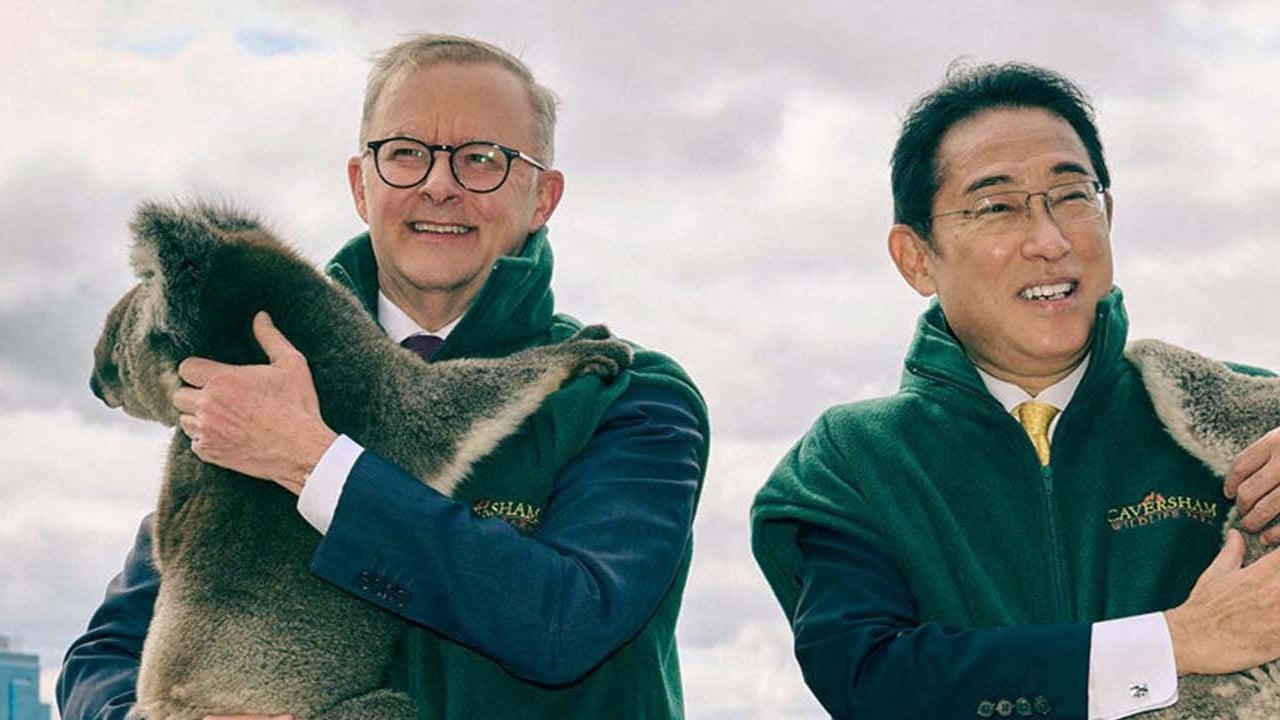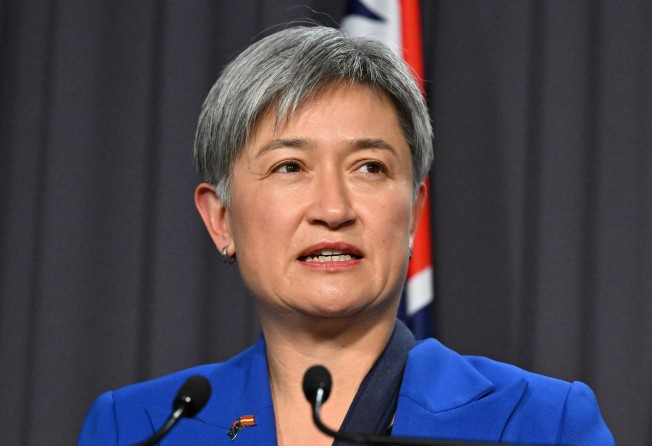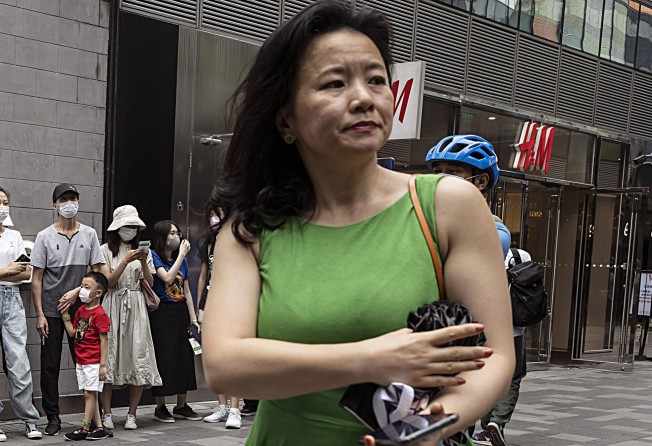
01:41
Japan, Australia to share intelligence on ‘China’s intentions’ under new security pact

Australian Foreign Affairs Minister Penny Wong will visit China this week for strategic talks in an effort to thaw ties.
On Monday, the Australian government announced that Wong would arrive in Beijing on Tuesday. She will meet her Chinese counterpart Wang Yi on Wednesday for the Australia-China Foreign and Strategic Dialogue, which was last held in 2018.
The Australian statement said the meeting would coincide with the 50th anniversary of diplomatic relations between China and Australia, signalling a thaw following years of strained ties caused by trade, human rights and national security disputes.
“Australia seeks a stable relationship with China; we will cooperate where we can, disagree where we must and engage in the national interest,” the joint statement signed by Australian Prime Minister Anthony Albanese said.
Last month, Albanese met Chinese President Xi Jinping on the sidelines of the Group of 20 Summit – the first face-to-face talks between the countries’ leaders since trade disputes started in 2020.
Both leaders expressed willingness to stabilise relations, with Xi calling for China-Australia ties to be “cherished”. However, no further details about efforts to resolve trade disputes have been revealed since the leaders met in November.
Bilateral ties took a downturn in early 2020, when Beijing imposed around A$20 billion (US$13.3 billion) worth of sanctions on a wide range of imports from Australia, including coal, barley, wine, beef and seafood. Most of those restrictions, which came after Canberra called for an international inquiry into the origins of Covid-19, remain in place.
In a meeting with Chinese ambassador Xiao Qian on November 30, Australian Trade Minister Don Farrell said he wanted restrictions on Australian goods to be lifted “within a year”. He also previously signalled that Canberra was open to ending a long-running trade dispute with Beijing without forcing World Trade Organization (WTO) arbitration.
Canberra’s ties with Beijing have also been clouded by alleged Chinese interference in Australia’s elections, the detainment of Australian journalist Cheng Lei and writer Yang Hengjun and other national security concerns.
Wong may use her meeting with Wang to bring up the detained Australian citizens, both arrested in China on spying charges, according to The Sydney Morning Herald. Consular talks have increased since the middle of the year after the two countries started to resume diplomatic exchanges.
In 2018, Australia became the first country in the Five Eyes intelligence alliance, which also includes the US, Britain, Canada and New Zealand, to ban Huawei and ZTE telecommunications equipment, citing national security concerns.

Canberra was unsettled by a China-Solomon Islands security pact this year that prompted speculation about a potential Chinese naval base in Australia’s backyard, though Beijing has denied it plans to build a military installation.
The countries have engaged in occasional muscle-flexing in the South China Sea. An Australian P-8 reconnaissance aircraft was intercepted by a Chinese J-16 fighter jet in May, resulting in a “dangerous manoeuvre” in mid-air, according to the Australian defence department. Beijing criticised the Australian air force’s activities as “provocative” and insisted its actions were “professional”.
As tensions have grown between Washington and Beijing, Australia has joined the US and Japan in condemning mainland China’s military actions near Taiwan following US House Speaker Nancy Pelosi’s visit to the island in August.